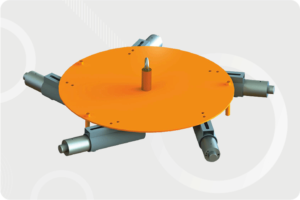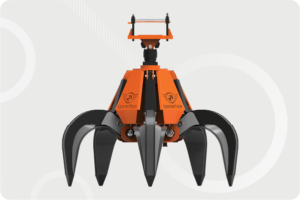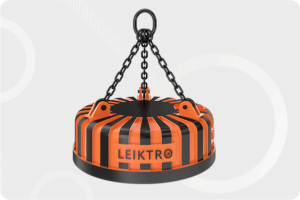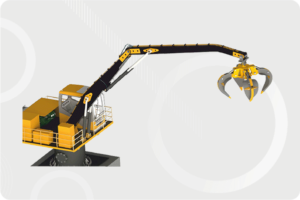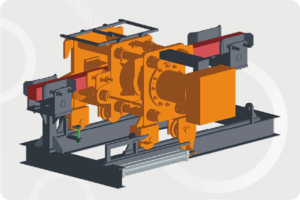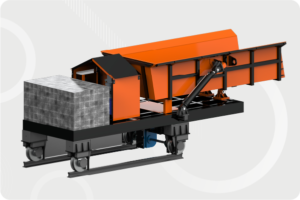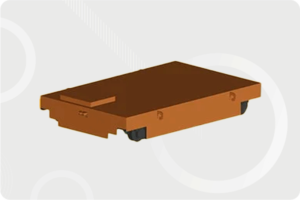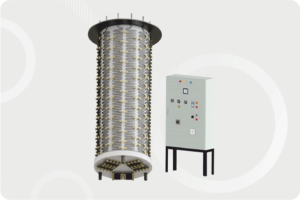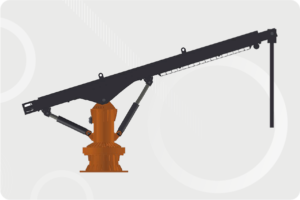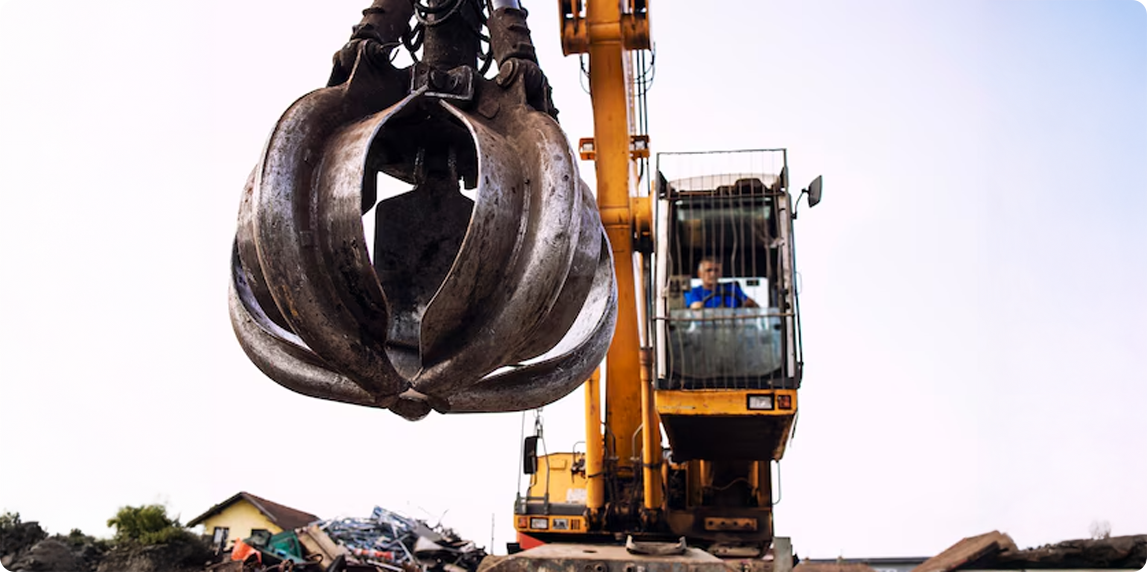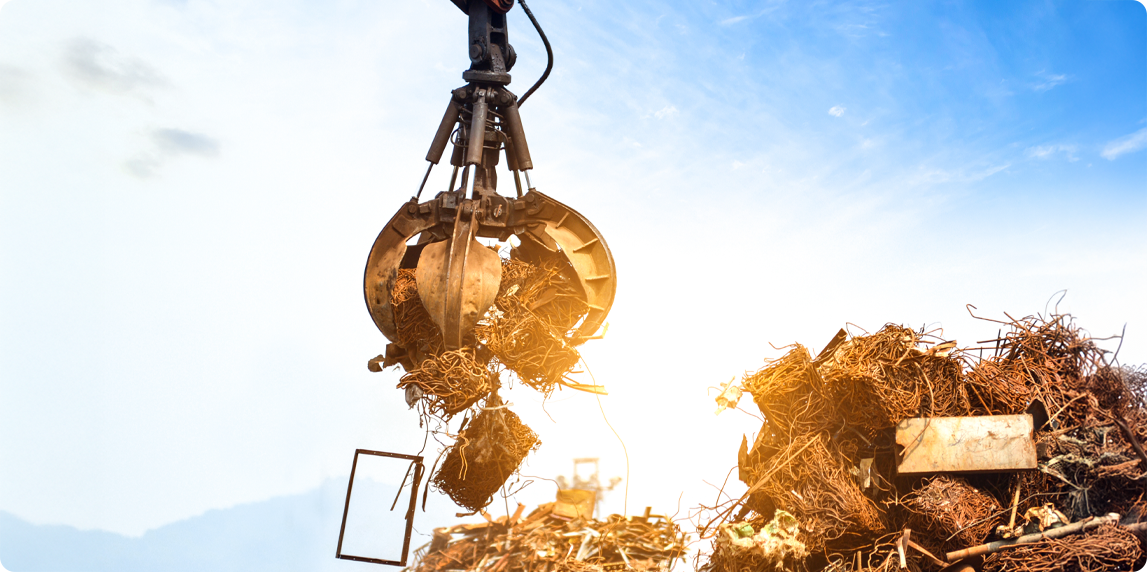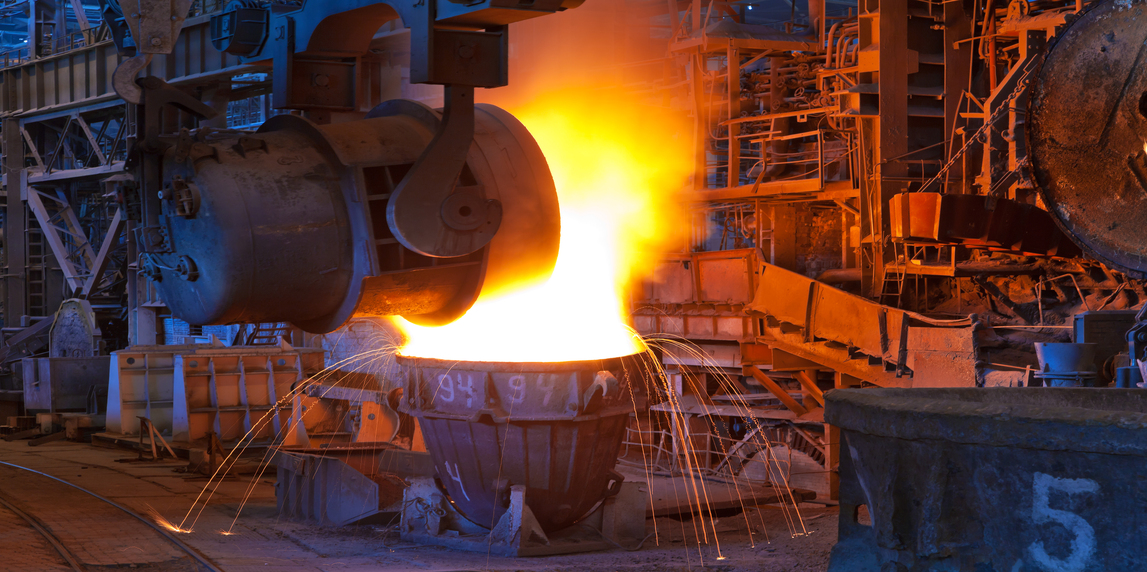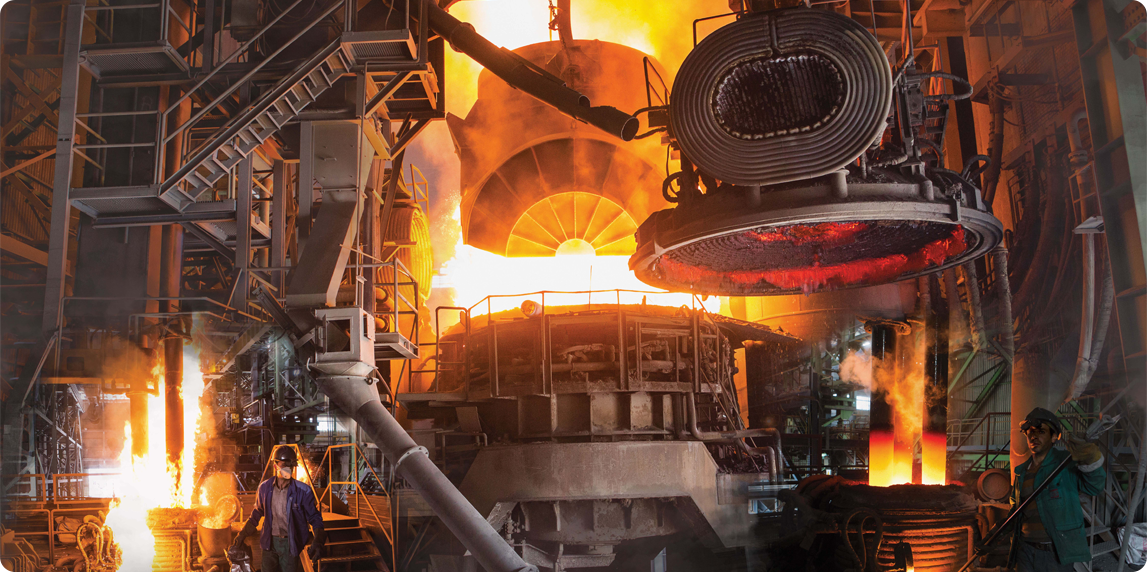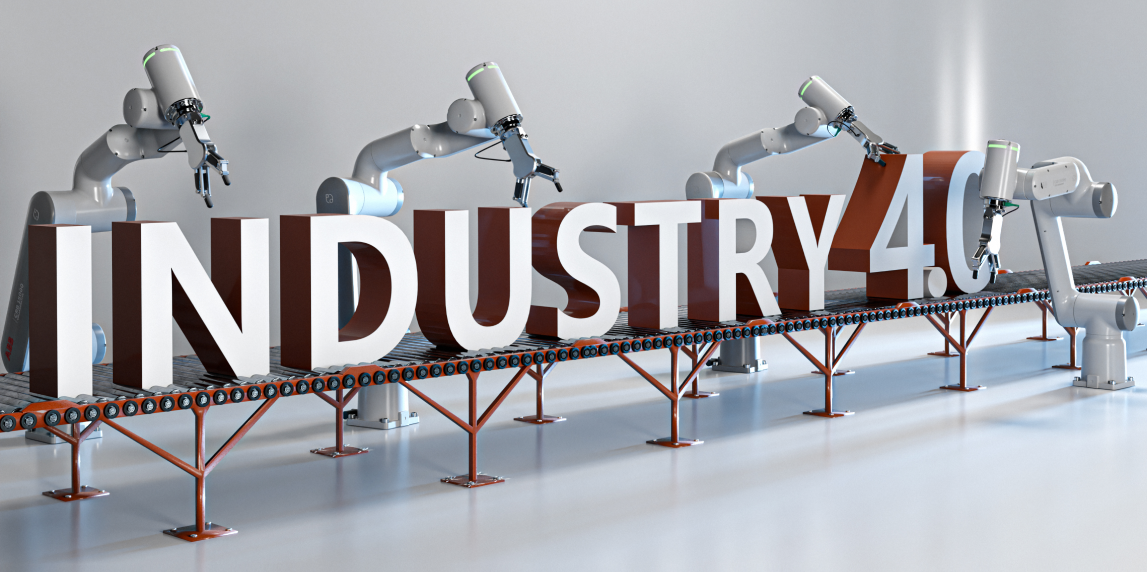
The integration of smart technologies like IoT (Internet of Things), AI (Artificial Intelligence), and machine learning is revolutionizing industrial machinery, driving the shift towards Industry 4.0. These technologies enable intelligent, data-driven systems that enhance productivity, precision, and efficiency while reducing operational costs.
The Role of IoT in Industrial Machinery
The IoT interconnects devices and machinery, enabling seamless communication and data sharing. In industrial settings, IoT transforms equipment into “smart machines” by embedding sensors and connectivity. Key benefits include:
Real-Time Monitoring
Predictive Maintenance
Enhanced Efficiency
AI and Machine Learning in Decision-Making
AI and machine learning amplify the capabilities of IoT by analyzing large datasets and providing actionable insights. They drive smarter decision-making by:

1. Optimizing Operations
AI algorithms evaluate production data to identify inefficiencies, optimize workflows, and enhance machine settings for improved output. For example, LeisterTech’s automated scrap transfer trolleys adjust to operational needs in real-time.
2. Quality Control
Machine learning systems identify defects in materials or products through pattern recognition, ensuring consistent quality. AI-powered inspection tools integrated with LeisterTech’s equipment improve accuracy and speed in quality assurance.
3. Autonomous Functionality
AI enables machines to learn from operational data and adjust parameters autonomously, reducing human intervention. This capability enhances the flexibility and adaptability of LeisterTech’s machinery in dynamic industrial environments.
Data-Driven Decision-Making with Smart Technologies
The combination of IoT, AI, and machine learning generates vast amounts of data, which is analyzed to make informed decisions. This data-driven approach offers several advantages:

Process Optimization
Insights derived from data help manufacturers streamline processes, reduce waste, and maximize resource utilization.
Customized Solutions
Smart machinery adapts to specific production requirements, offering tailored performance based on real-time analysis.
Energy Efficiency
By monitoring and optimizing energy usage, AI-powered systems reduce consumption, aligning with sustainability goals.
LeisterTech’s Smart Solutions
LeisterTech integrates these technologies into their advanced industrial machinery, demonstrating their commitment to Industry 4.0. Examples include:
Hydraulic Pushers with Smart Sensors
Automated Lifting Magnets
Hot Billet Shearing Machines
Industry 4.0: The Future of Manufacturing
Industry 4.0 represents a paradigm shift where smart technologies enable fully automated, interconnected production environments. Benefits include:

Increased Productivity
Smart systems operate 24/7 with minimal errors.

Scalability
Machines adapt to changing production demands without significant downtime.
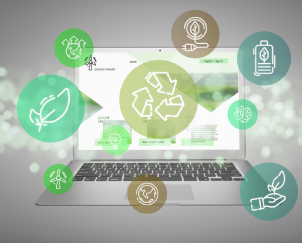
Sustainability
Data-driven systems help minimize waste and energy use.
LeisterTech’s adoption of IoT, AI, and machine learning underscores their role as a leader in industrial innovation. By integrating these technologies into their equipment, they empower manufacturers to achieve unprecedented levels of efficiency, precision, and sustainability, making a seamless transition into the era of Industry 4.0.
lpipl
lpiplYou Might Also Like
- lpipl
- 0 Comments
- lpipl
- 0 Comments
- lpipl
- 0 Comments


